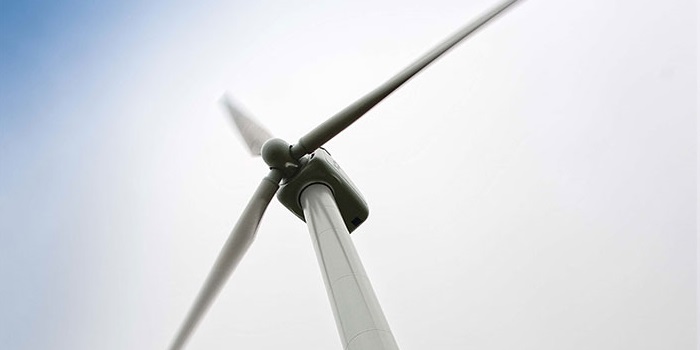
RenewableUK is pleased that the Government is formally announcing the exact ‘grace periods’ open to onshore wind companies as part of the planned cuts to the subsidy regime.
The Government announced earlier this year that it would close the Renewables Obligation to onshore wind in 2016. It also proposed the introduction of a grace period to allow a number of projects at an advanced stage a one-year allowance beyond the new closure.
The Government has clarified that to qualify projects will need to have received planning consent, a grid connection and a land agreement prior to 18 June 2015. Projects that have met all these criteria and can demonstrate that they have struggled to secure finance from lenders since 18 June will also be allowed up to nine months of extra time.
The changes will be introduced as amendments to the Energy Bill, which is currently going through Parliament.
RenewableUK’s Deputy Chief Executive, Maf Smith, said:
“This announcement means that wind farm companies can now go ahead and fully invest in local wind farm projects. It’s good to see that Government has acknowledged the financial uncertainty caused by these changes and the additional time offered will help rebuild investor certainty.
It’s important that industry works with Government and Parliament to ensure these amendments are incorporated and the Energy Bill gets on the statute books as soon as possible. It is only then that developers can deliver the level of new capacity the Government wants to see by 2020.
While today’s announcement will help us reach targets in the short-term, we need to make sure that onshore wind remains part of a competitive energy market. Onshore wind is one of the cheapest forms of electricity and it makes long-term sense for consumers. We will work with Government to ensure the industry can help build the new energy infrastructure the UK desperately needs”.
